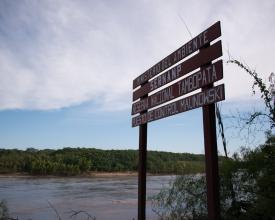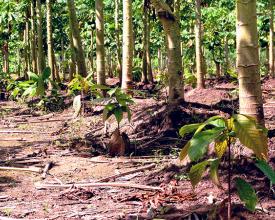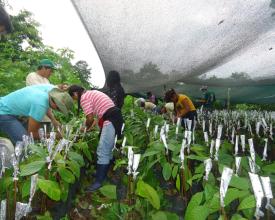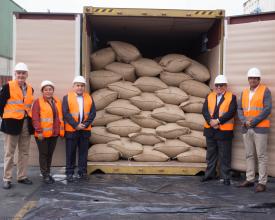
REDUCTION OF DEFORESTATION AND PROMOTION OF SUSTAINABLE DEVELOPMENT IN MADRE DE DIOS FOR THE BENEFIT OF PROTECTED NATURAL AREAS
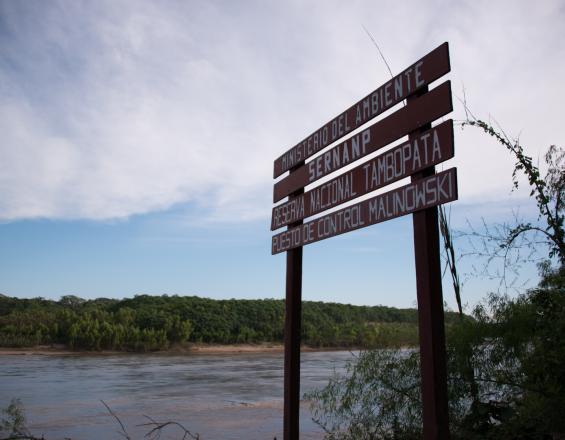
In 2009, AIDER won the bidding for a contract with SERNANP for partial administration of the Tambopata National Reserve and Bahuaja Sonene National Park in Madre de Dios. To this end, the experience of government, private enterprise and NGO associativity, developed in Ucayali for the recovery of degraded areas, was taken up. For Madre de Dios, it was adapted to ecosystem services to finance NPA management.
Management includes:
- Biological monitoring and evaluation in NPAs.
- Promotion of NPAs for ecological and environmental research.
- A REDD+ project, a mechanism to finance the partial administration of NPAs.
In 2014, the ALTHELIA CLIMATE FUND investment fund was incorporated, lending US$5.5 million for the REDD+ strategy. The repayment, concluded this year, was made with forest carbon credits from the NPAs. This loan allows for biological monitoring, control and surveillance in the NPAs and agroforestry with migrant producers in the buffer zone.
Impacts
Successful articulation of the State, private companies, NGOs and producers to implement the REDD+ project and its strategy, validated and verified with VCS and CCBA standards.
An agroforestry system, with cocoa, that reduces the threat of deforestation of NPAs and becomes a sustainable alternative to artisanal and illegal mining. Facilitates:
- Natural resilience in the ecosystem that was affected by the application of inadequate agricultural techniques and by activities such as illegal mining, which depredates biodiversity, degrades soils and pollutes the environment.
- Cultural resilience of the agricultural producers, migrants settled in the buffer zone, who generate new sociocultural organization appropriate to the geographic and social context, oriented to an intercultural relationship.
A cooperative with 274 members/producers, "COOPASER", with a primary cocoa processing plant for 200 tons of cocoa per month, linked to Fair Trade and organic certification.
Biodiversity conservation and identification of the biological corridors of the NPAs, for their management from the environmental authority: SERNANP.
A new management style, participatory and results-based, for the control and surveillance of park rangers: it articulates control with sensitization and promotion of environmental awareness, based on an intercultural relationship.
